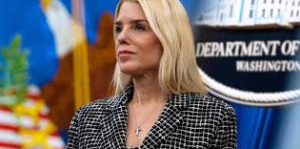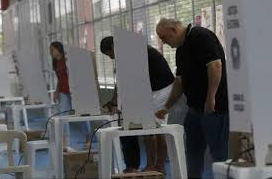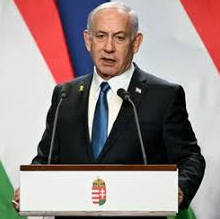Meta’s report reveals cyberattacks and widespread misinformation campaigns linked to Russia’s invasion of Ukraine.
Meta’s latest report highlights a significant increase in Russian-aligned disinformation across social media platforms after the invasion of Ukraine. The company detailed how hacker group Ghostwriter, reportedly linked to Belarus, attempted to take control of social media accounts of Ukrainian military officers to spread false narratives, such as videos of alleged defeated Ukrainian soldiers. Meta swiftly intervened, preventing the spread of these fabricated materials.
The report also points to a rise in both domestic and international disinformation efforts, reflecting a broader trend where tactics once predominantly used by foreign intelligence agencies are now being increasingly employed globally. Meta’s president for global affairs, Nick Clegg, emphasized that while foreign interference often garners the most attention, domestic threats from misinformation campaigns are becoming a growing concern.
The Kremlin-backed activities have been marked by the spread of false narratives regarding the invasion, including conspiracy theories aimed at discrediting NATO and amplifying pro-Russian viewpoints. The report ties the cyberattacks to Ghostwriter, an entity known for its previous efforts to hack email accounts and spread anti-NATO content.
Amid these disinformation efforts, Russia has escalated its crackdown on major tech companies, banning Facebook and Instagram and slowing down Twitter to curb access to independent news. In place of factual journalism, state-controlled media outlets have been promoting debunked conspiracy theories, including claims about Ukrainian Nazis and U.S. bioweapon labs.








